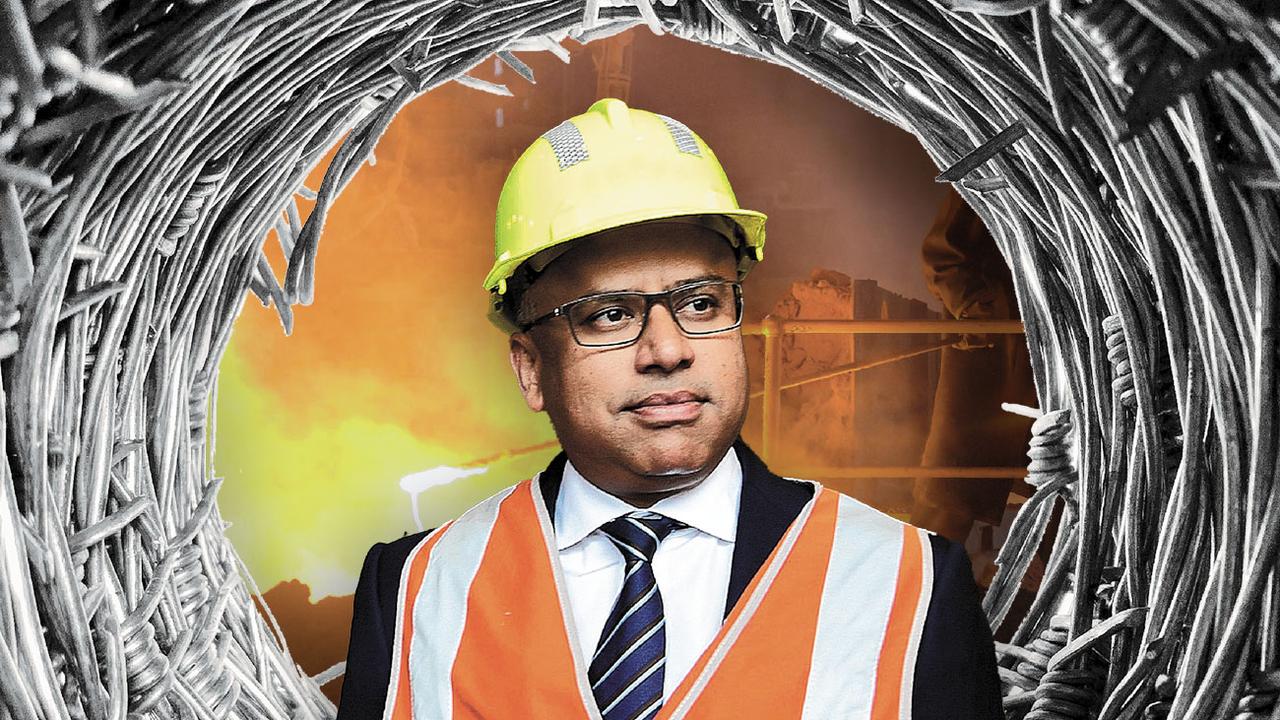Is an electric mower really greener than old-fashioned petrol power
My Victa lawn mower ran on fossil fuels but was reliable, lasting more than 40 years. When it finally stopped working, I joined the Ryobi One electric cult. That was a big mistake.
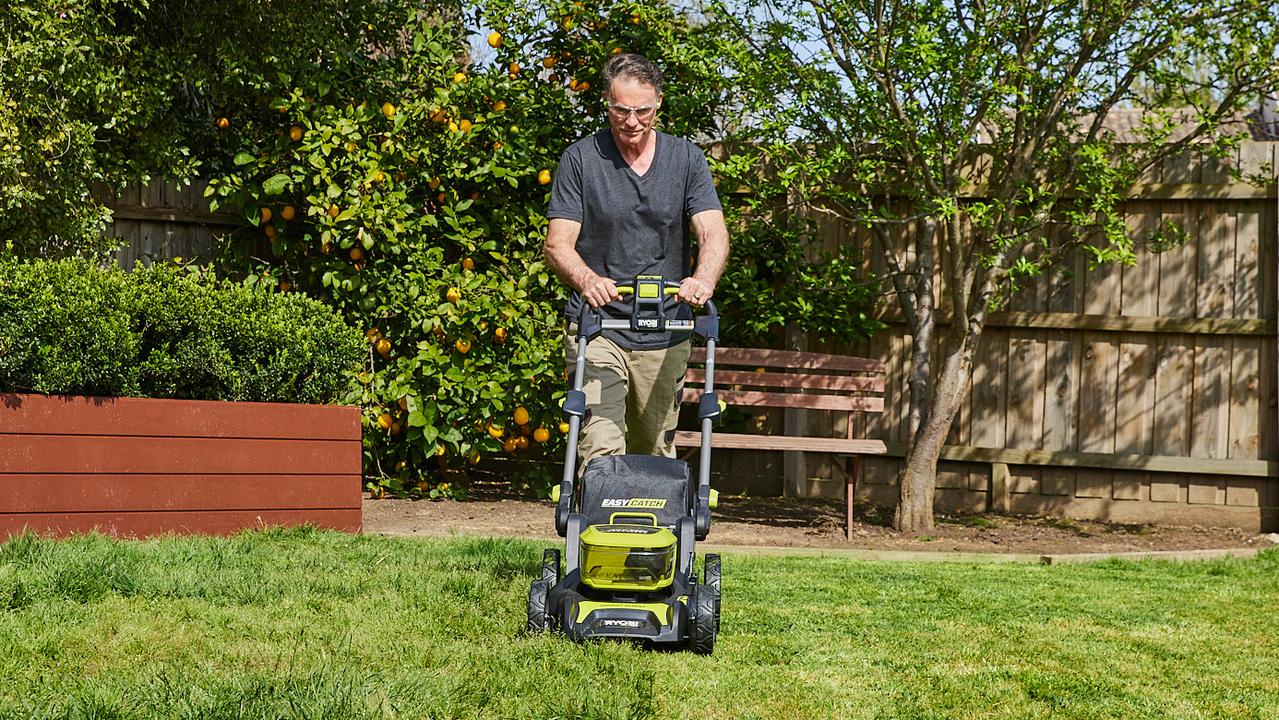
Business
Don't miss out on the headlines from Business. Followed categories will be added to My News.
I was driving home from Bunnings the other day when I had an epiphany. I had just exchanged a Ryobi electric lawn mower for the second time in four years after it suddenly stopped working.
Bunnings is great when something breaks. They’ll either refund you or swap it for a new one. If you choose the latter, the sales assistant apologises and wishes you better luck on the exchanged model.
And electric mowers work like a dream until they don’t. They’re as simple to operate as turning on a light - no mixing oil and fuel, cleaning spark plugs or cursing at the pull cord and motor that’s failed to rumble to life - even after a dozen tugs.
But I wished I had taken the cash. You see, as I was driving back from Bunnings, I realised that the lawn mower I had before I joined the Ryobi One cult following in 2021, was a Victa that my dad had bought before I was born more than 40 years ago.
It relied on fossil fuels, but it was reliable.
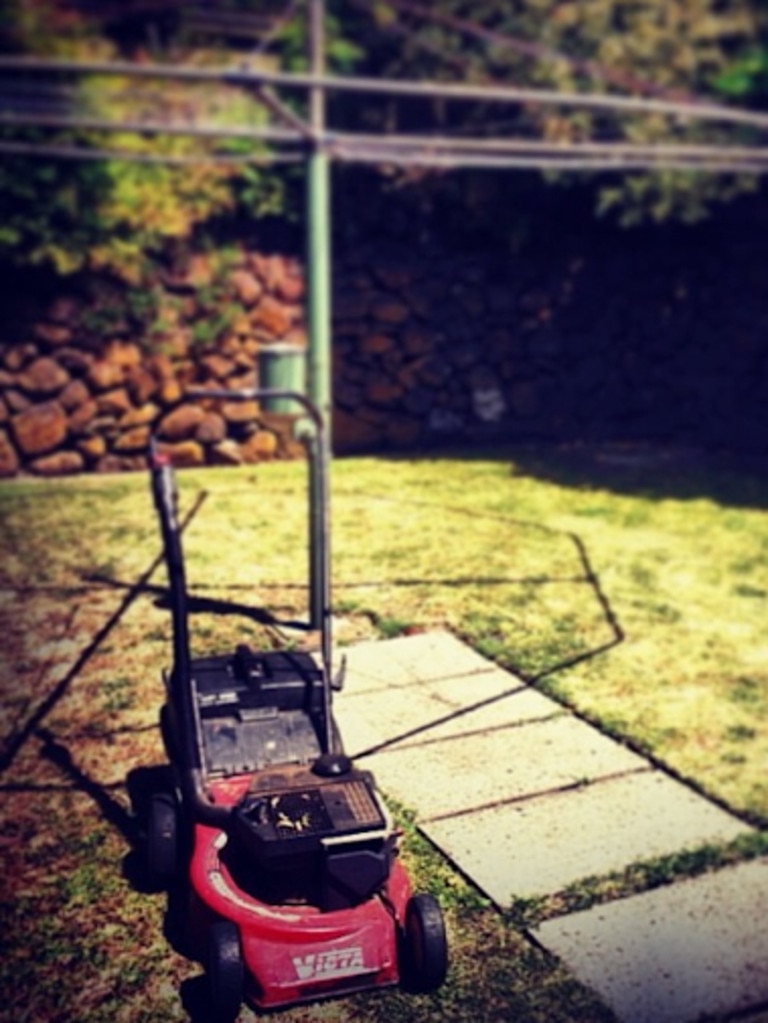
I should say I’m not exactly a petrol or Victa ‘fanboy’. When I was 14, while mowing my aunty’s lawn, I ran over my foot with a Victa utility. Those things were lethal. It cut through my Blundstones as though they were made from tissue paper and I let out a bloodcurdling cry that would have made the Man from Ironbark blush.
But as I drove back home from Bunnings last week with my shiny plastic-clad, lithium-powered machine in my boot, I wondered which was more environmentally friendly.
Is it better to buy petrol, and know that the lawn mower will potentially last decades, or buy an electric-powered model that will most likely end up in landfill after 24 months - even if Ryobi has an extended six year warranty?
The answer is obvious, and there is government data to support this. According to the Department of Climate Change, Energy, the Environment and Water (that’s a mouthful) the amount of e-waste Australians produce is set to soar almost 30 per cent to 657,000 tonnes by the end of the decade.
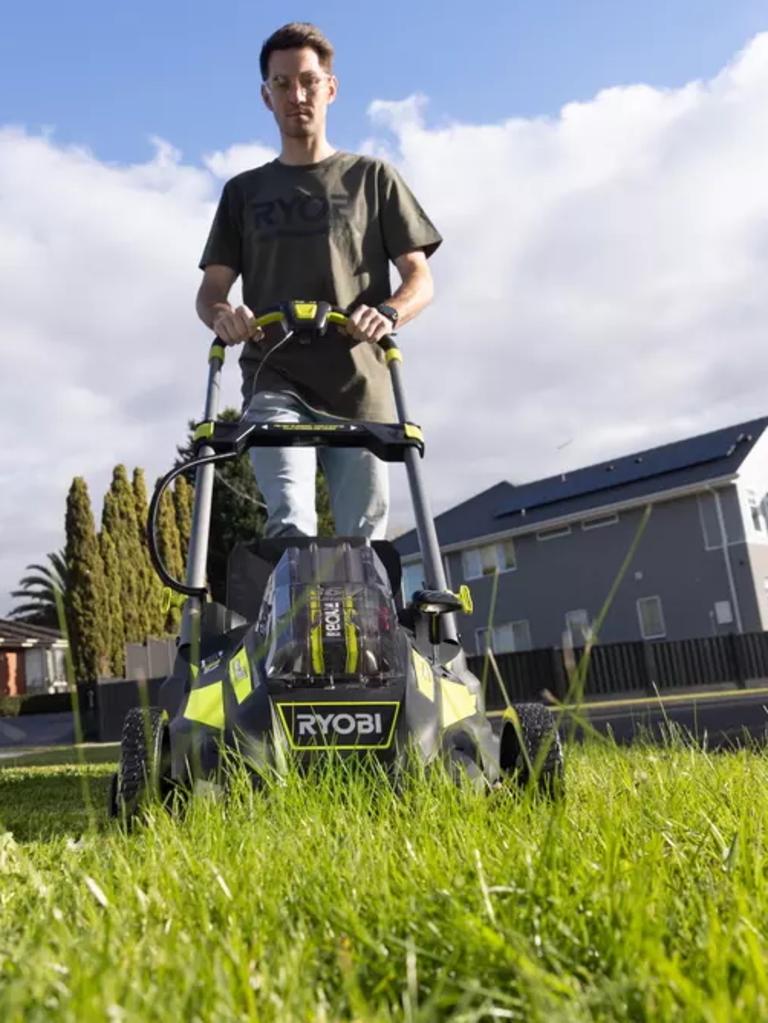
To put this into context, Australians produce about 20 kilograms of e-waste per person a year - based on 2019 figures. The global average is 7kg per person.
Could this be due to our love affair of made in China and elsewhere battery-powered outdoor appliances, which are plentiful at Bunnings? Just go to any of its stores at the weekend and you can see the correlation.
It’s increasingly becoming cheaper to junk than repair, and this a problem. The old petrol Victa that was my father’s and then mine, had a few trips to the outdoor power equipment mechanic over the years. But where do you begin with the Ryobi?
It wasn’t just the motor that failed on me. Its chassis had begun falling apart, so much so the mowing height kept slipping, scalping my lawn.
Most of it is made from plastic and while this is light it’s a recipe for mechanical disaster.
Bunnings also delete the models regularly.
The first model I bought was no longer stocked when I asked for a replacement two years later.
Instead I had to pay an extra $100 to exchange it for a newer model. The same thing happened the other weekend when I replaced my mower for the second time - another $100 was tapped off my credit card.
All up, I’ve now spent $799 on my e-mower experiment. Whereas, I could have made some money if I took the refund and bought a $549 Victa petrol mower instead.
Electric vehicles are also problematic.
While they don’t require as much servicing as an internal combustion engine-powered vehicle, the tyres wear more quickly - and cost about 60 per cent more - and if you’re unlucky to have a battery fail out of warranty, you could be forced to pay up to $22,000 for a replacement.
It’s no wonder about 70 per cent of Australians say they aren’t considering buying one after EVs have depreciated at similar rate to a grand piano falling from an aeroplane.
Crucially, there is what Marco Tedesco, of Columbia University’s Climate School, calls the “paradox of lithium”.
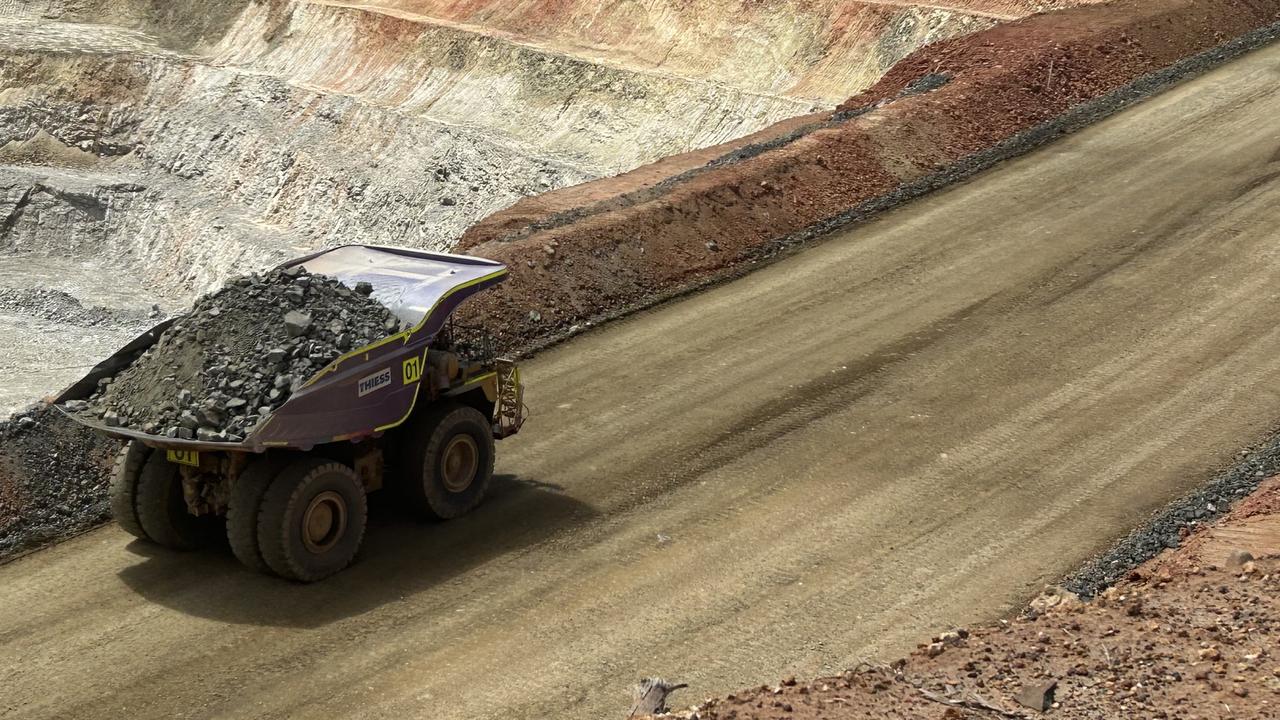
“The race toward net-zero emissions depends heavily on lithium to power electric vehicles, to store wind and solar power,” Dr Tedesco said.
“Obviously the economic interests at stake are enormous. Australia, Chile and China produce 90 per cent of the world’s lithium. The global lithium market rapidly approaching $US8bn.
“A paradox, therefore, can arise between clean revolution and dirty lithium mines. It is true that electrifying cars and other aspects of our society favours the reduction of carbon dioxide emissions. However, after we consider the cost of emissions associated with extracting lithium, the transition may not be as efficient as we believe, especially when miners are not using clean energy.”
For example, Dr Tedesco says that producing a battery weighing about 500kg emits over 70 per cent more carbon dioxide than producing a conventional car in Germany, according to research by the automotive consultancy Berylls Strategy Advisors.
“Furthermore, lithium mining requires a lot of water. To extract one tonne of lithium requires about 500,000 litres of water, and can result in the poisoning of reservoirs and related health problems.”
Dr Tedesco says we should invest in alternative solutions to lithium batteries, saying “remediating and reducing the impact of lithium mining is essential to be able to call the steps we are taking towards a new world progress. Otherwise, we are just going in circles.”
As for my own circle, if my latest electric mower fails again, it will be straight back to the 40-year-old, two-stroke Victa.
To quote the hit 1997 film The Castle: “If there’s anything Dad loved more than serenity, it was a big two-stroke engine on full throttle”.
More Coverage
Originally published as Is an electric mower really greener than old-fashioned petrol power







